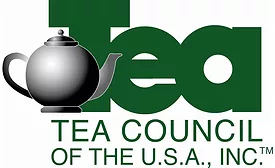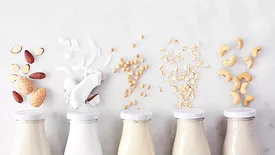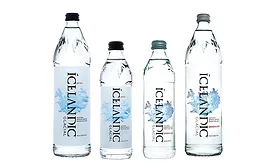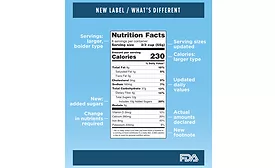Home » Keywords: » dietary guidelines
Items Tagged with 'dietary guidelines'
ARTICLES
Dina Opici delivers opening address at Access LIVE 2025
Read More
FDA releases final rule on ‘healthy’
Tea Council of the USA says ruling allows certain tea products to display ‘healthy’ claim on packaging
December 20, 2024
Beverage Beat
FDA offers guidance on labels for plant-based milk alternatives
Brand owners could turn to fortification to bridge nutrient gap
March 17, 2023
Dietary Guidelines align with consumer trends
Processes for 2020 Dietary Guidelines to begin later this year
February 10, 2017
PepsiCo launches 2025 Sustainability Agenda
Agenda designed to meet changing consumer, societal needs
October 17, 2016
Dietary guidelines, label highlight added sugars
Beverage companies utilizing natural sweeteners prior to regulations
September 15, 2016
Beverage market prepares for labeling changes
Beer Institute rolls out Brewers’ Voluntary Disclosure Initiative
August 15, 2016
Initiatives, policies support healthy food and beverage choices
ABA makes progress in initiative to reduce calorie consumption from beverages
February 10, 2016
Mobile apps benefit retailers, distributors, consumers
Convenience and transparency made easy for beverage companies, consumers
December 15, 2015
Elevate your expertise in the beverage marketplace with unparalleled insights and connections.
Join thousands of beverage professionals today. Shouldn’t you know what they know?
JOIN NOW!Copyright ©2026. All Rights Reserved BNP Media.
Design, CMS, Hosting & Web Development :: ePublishing






